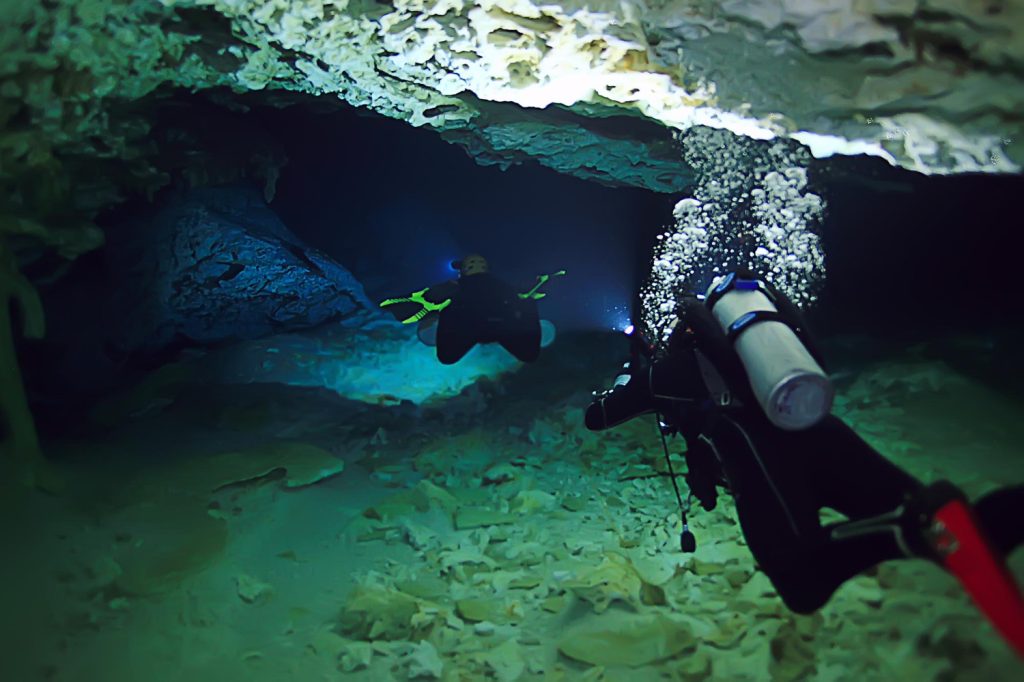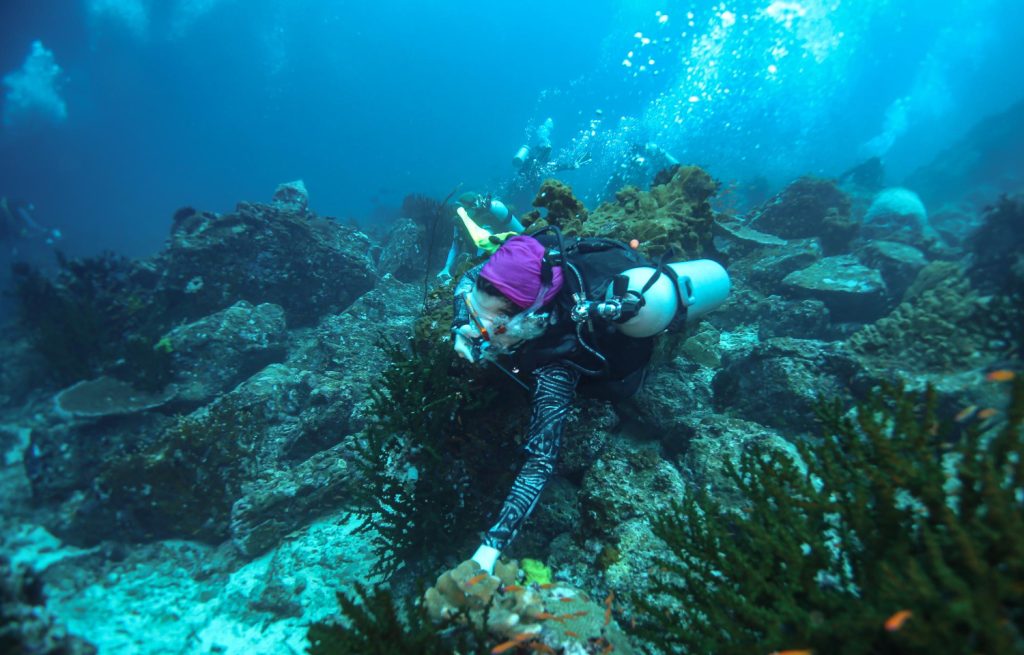The PADI Oxygen Provider course is a diving specialization that teaches how to properly administer first aid using oxygen in cases of diving injuries, such as decompression sickness (DCS) or pressure-related lung injuries. Quick and correct oxygen administration can significantly improve the chances of full recovery for the injured diver, making this course a valuable skill for any diver, dive guide, or safety officer on diving excursions.

What can you learn in the PADI Oxygen Provider Mallorca course?
1. Recognizing Diving Injuries: How to identify symptoms of decompression sickness, pressure-related lung injuries, and other situations where oxygen administration may be necessary.
2. Oxygen Delivery Equipment: Learning to operate different types of oxygen delivery systems, including full-face masks, high-flow oxygen masks, and devices for delivering oxygen directly into the mouth (in cases where the victim is unconscious).
3. First Aid Procedures: How to properly administer oxygen to injured individuals, ensuring maximum assistance before professional medical help arrives.
4. Safety with Oxygen Administration: How to safely use oxygen delivery equipment, including handling oxygen tanks and securing them against accidental damage.
The Oxygen provider Mallorca course structure:
1. Theoretical Part: The course begins with a discussion of how oxygen therapy works and why it is crucial in cases of diving injuries. Participants also learn to recognize different types of diving injuries and the procedures for treating them.
2. Practical Exercises: Participants learn how to properly connect and use oxygen therapy equipment, how to fit masks on patients, and how to control oxygen flow. Simulations of emergency situations are often conducted to build confidence in acting under pressure.

Benefits of completing the PADI Oxygen provider course:
1. Emergency Response Skills:
The Oxygen provider course teaches how to properly use oxygen in emergency situations, such as sudden health issues underwater, which can save a diver’s life.
2. Increased Diving Safety:
Knowledge about oxygen administration enhances overall safety during dives, both for oneself and others. You learn how to assess situations and take appropriate actions when necessary.
3. Understanding the Effects of Nitrogen Narcosis:
The Oxygen provider course discusses how oxygen can help mitigate the effects of nitrogen narcosis and decompression sickness, which is vital for divers operating in deeper waters.
4. First Aid Preparation:
The training also includes elements of first aid, making participants better prepared to provide assistance in crisis situations, regardless of their location.
5. Increased Confidence:
Possessing skills related to providing aid and responding to emergencies boosts divers’ confidence during dives, positively impacting their overall diving experience.
6. Career Opportunities in Diving:
Completing the Oxygen Provider course is an asset for those looking to work as dive instructors, guides, or in other diving-related roles where crisis response skills are essential.
7. Applicability in Various Scenarios:
The knowledge gained in the Oxygen provider Mallorca course is not limited to diving; these skills can be applied in various situations, such as water sports or emergencies in other areas of life.
8. Health Awareness:
The PADI Oxygen provider course provides insights into health issues that may arise while diving, leading to greater awareness and care for personal health.
9. Networking and Community Development:
Completing the PADI Oxygen provider course allows participants to meet other divers and professionals, which can lead to valuable connections and friendships within the diving community.
10. Enhancement of Diving Skills:
The Oxygen Provider course is often viewed as an essential component in developing diving skills, allowing for a more comprehensive understanding of safety procedures and health protection during diving.
The PADI Oxygen Provider Mallorca course is, therefore, not only a valuable technical training but also an important step toward increasing safety and comfort while diving. By gaining emergency response skills, divers become more responsible participants in the sport.
